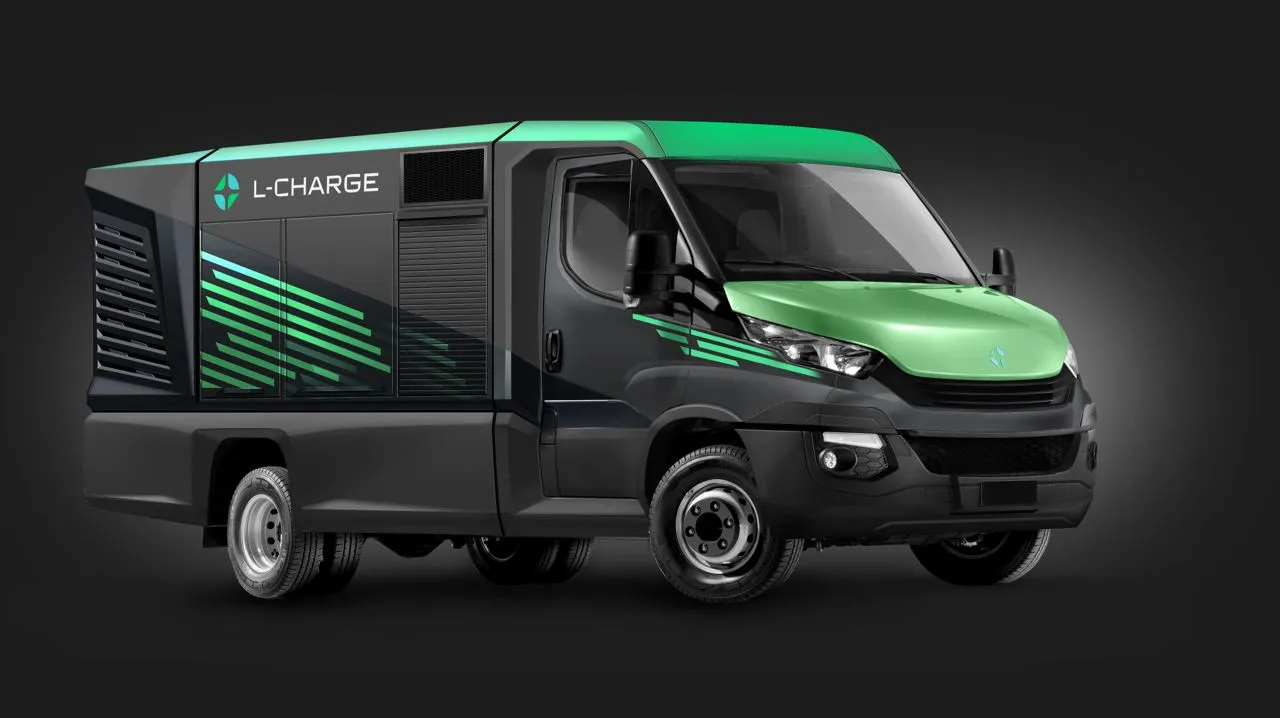Honda Motor has begun to sell its all-new fuel cell vehicle (FCV) in Japan, the Clarity Fuel Cell; its first-year sales target is 200, mainly through lease sales mainly to local government bodies or businesses Honda has already been working with to popularise FCVs.
Making the fuel cell powertrain more compact using original Honda technologies and fitting it entirely under the hood of the car enabled Honda to create an FCV to carry five passengers rather than the usual four.
Combined with the improved
March 11, 2016
Read time: 2 mins
Making the fuel cell powertrain more compact using original Honda technologies and fitting it entirely under the hood of the car enabled Honda to create an FCV to carry five passengers rather than the usual four.
Combined with the improved efficiency of the powertrain and a reduced energy requirement for driving, a 70 MPa high-pressure hydrogen storage tank installed in the vehicle provides a cruising range of approximately 750 km (470 miles), an increase of approximately 30 per cent compared to the previous FCV model, says Honda. The company also claims that the hydrogen tank can be refilled in approximately three minutes, an ease of use equivalent to that of a gasoline-powered vehicle.
During the first year of sales, Honda will collect information about the vehicle in use before beginning sales to individual customers.
Honda says it is planning to introduce the Clarity Fuel Cell to Europe and the US before the end of 2016.










